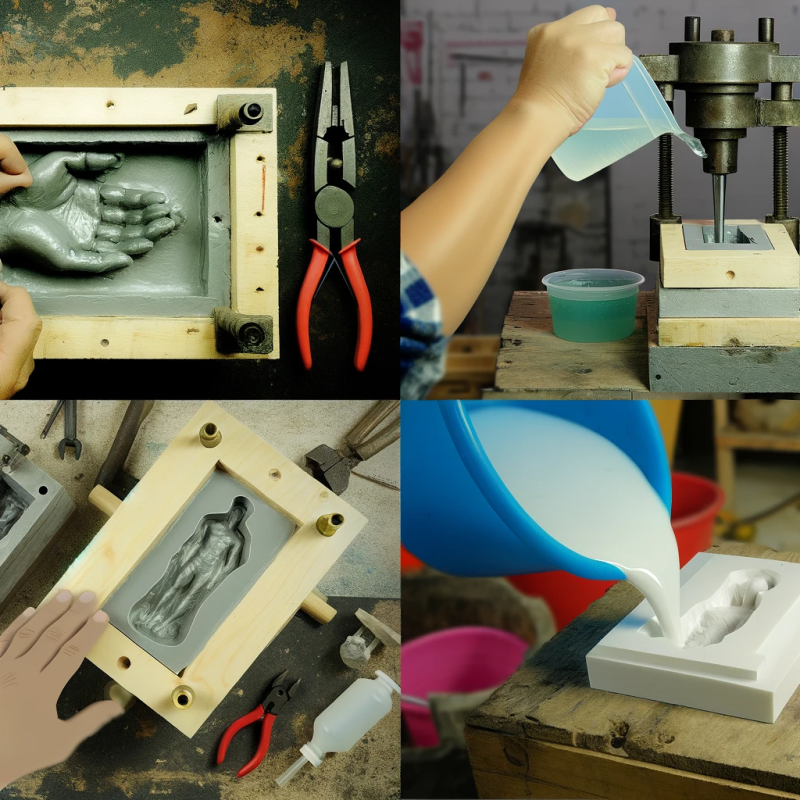REU PROJECT (2024)
Material Ecologies and Literacy

Description
The vision that digital fabrication will one day reach the scale and popularity of desktop computing has significant implications for broadening participation in engineering and computing. As the types of materials supported by digital fabrication continue to grow, so does the need to support the development of material literacy, or a fluency in working creatively with different materials. Personal fabrication has the potential to integrate the knowledge that material practitioners have developed over centuries, yet accessing such material knowledge remains a difficult pursuit --- the canonical step-by-step tutorial struggles to communicate the information needed for users to extract generalizable and creative insights that go beyond rote step-by-step instructions.
Through this effort, we aim to empower makers to participate in the wider material ecology within digital fabrication. The proposed research is scoped to studying casting and molding (C&M) -- a popular and expressive form of additive fabrication used in bespoke manufacturing (e.g., prosthetics) and mass manufacturing (e.g., injection molding) that leverages a liquid-like material's ability to be set to the form of a mold. While the theoretical basis of casting and molding is straightforward, each C&M process requires tacit adaptations that have resulted in hundreds of different tools and techniques contributed by Do-It-Yourself (DIY), professional, scientific, and advanced manufacturing communities. Together, these innovations improve the reliability, sustainability, and ease of use of each fabrication process and expand the expressivity and functionality of material forms.




